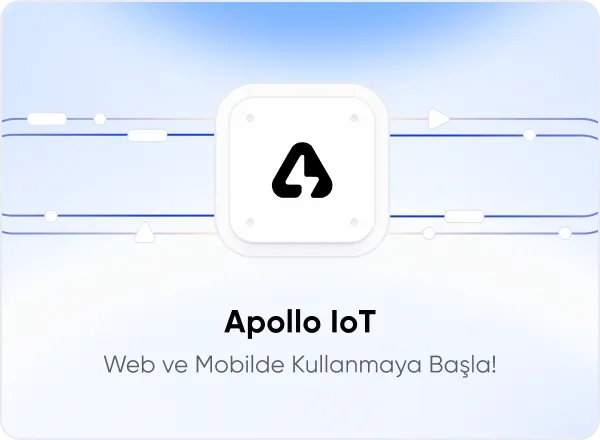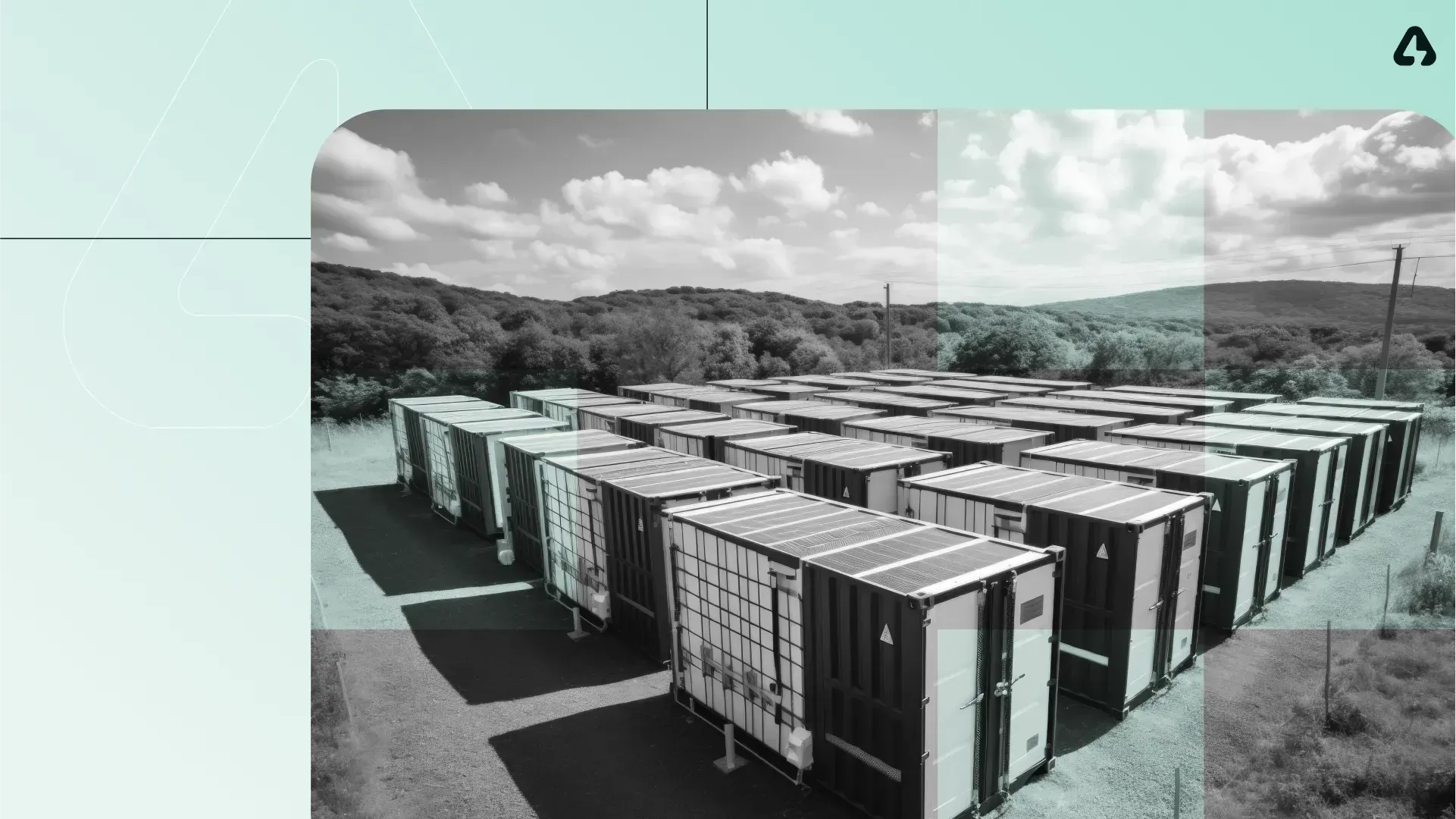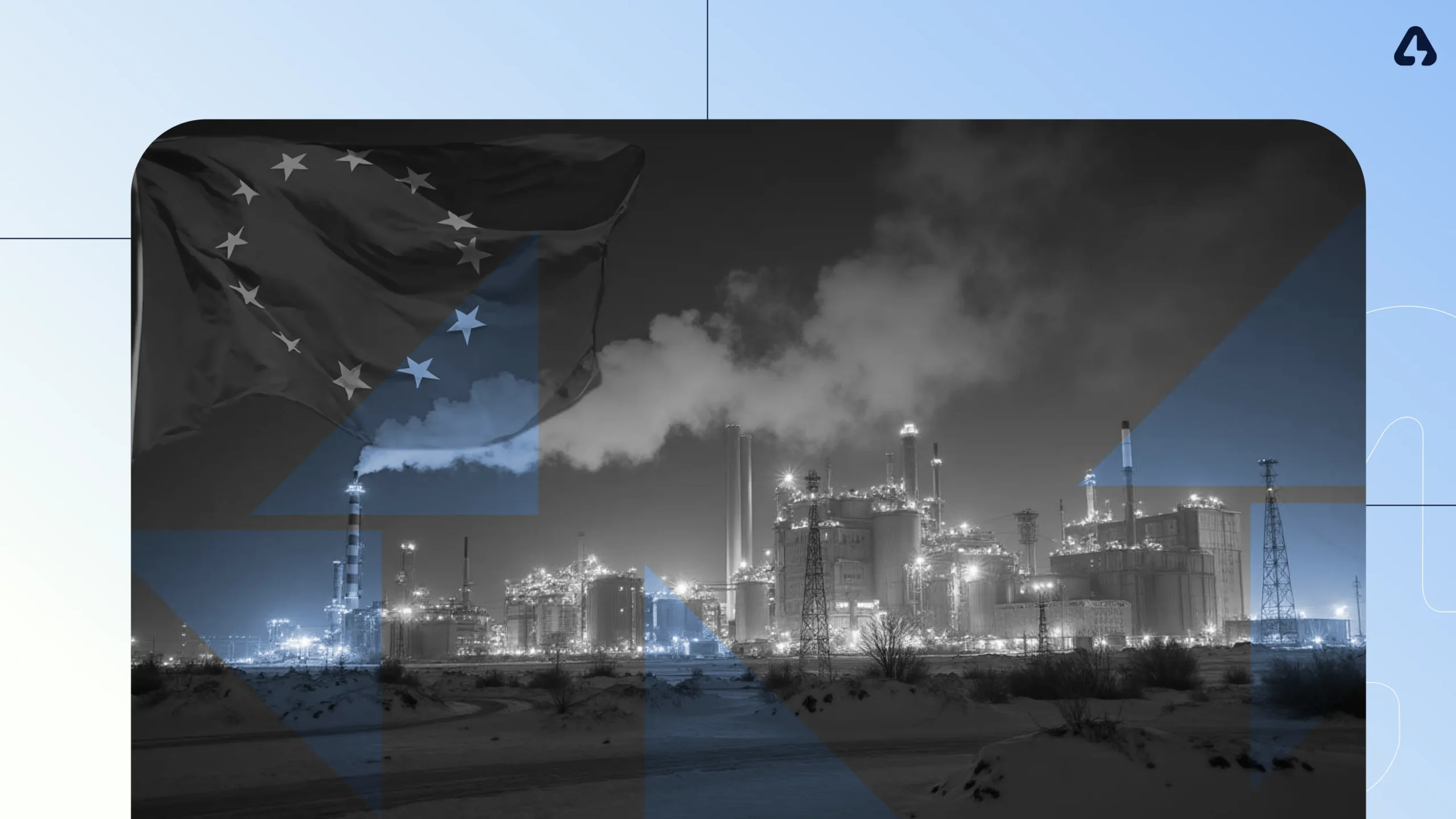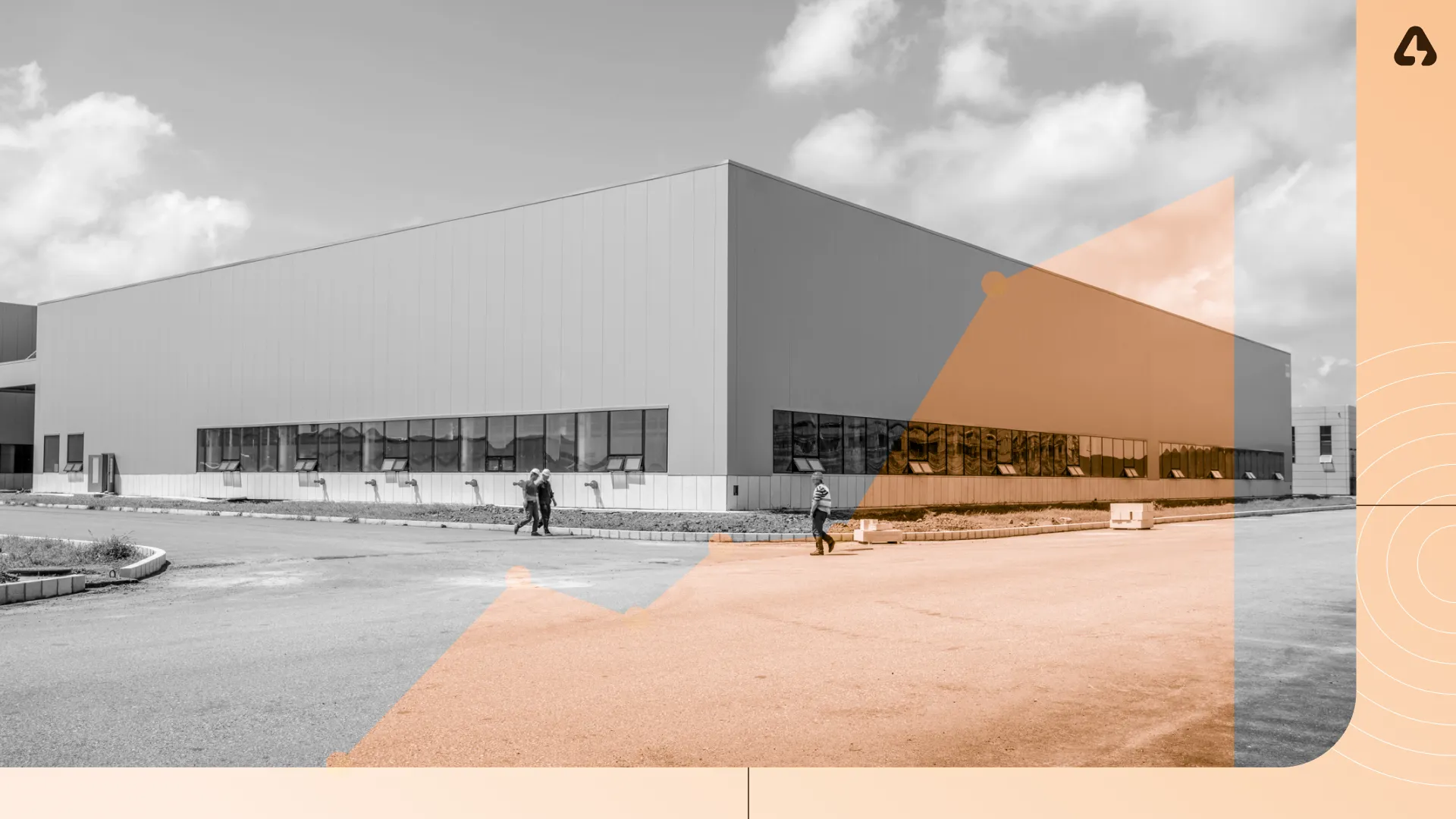In our article titled "Distributed Energy Storage Systems", we will talk about what distributed energy systems are, their importance and the distributed energy storage systems that have emerged for this reason.
What are Distributed Energy Systems?
Distributed energy systems refer to an approach that realizes energy generation and distribution on a smaller scale and locally, without relying on traditional centralized energy production. These systems are often based on renewable energy sources and can operate independently of or integrated with larger energy grids. An example is rooftop SPP.
What is the Importance of Distributed Energy Systems?
We can summarize the importance of distributed energy systems in 5 different points.
Renewable Energy: Distributed energy systems often rely on renewable energy sources, which play an important role in combating climate change by reducing the environmental impacts caused by the use of fossil fuels. The integration of renewable energy sources contributes to energy independence and security.
Energy and Grid Efficiency: Compared to centralized power generation, distributed energy systems enable energy to be generated closer to the grid, which reduces losses during energy transmission, thereby increasing energy efficiency.
Utilization at Local Scale: Distributed energy systems promote energy production on a local scale, which contributes to local economies. They also have the potential to create jobs in the development and maintenance of renewable energy sources.
Energy Security: Distributed energy systems diversify energy supply and increase energy security by reducing dependence on centralized energy grids. In this way, a more resilient energy infrastructure can be created against unexpected events.
Resilience: Distributed energy systems offer a more flexible structure for balancing local energy demand and generation. They can manage energy flow using energy storage technologies and smart grids. They can also be more resilient than centralized systems because they are composed of small-scale units and the failure of a single point does not lead to major system-wide outages.
As a result, distributed energy systems are one of the keystones of modern transformation in these areas. Therefore, they are expected to play a central role in developing and strengthening energy infrastructures in the future.
What are Distributed Energy Storage Systems?
Distributed energy storage systems refer to the integration of energy storage technologies into distributed or localized energy generation and consumption systems. These systems are used to manage imbalances between energy demand and generation, regulate fluctuations in energy grids and improve energy efficiency. In today's world, storing energy is more of a problem than generating it. With the rapid development of technology in this field, we have started to see Li-ion batteries, hydrogen storage and fuel cell systems, thermal energy storage systems and supercapacitors applied to distributed energy storage systems.
Li-ion battery and hydrogen storage applications are more prominent in this regard. For this reason, let's briefly talk about how their applications are made.
Lithium Ion Battery:
Using lithium-ion battery storage systems, cities or local governments can store energy from renewable energy sources and use it when needed. These projects often aim to increase energy security and reduce the load on centralized grids. Recently, the most common application of Li-ion batteries in this regard has been in electric vehicles. In addition to all these advantages of Li-ion technology, the disadvantage is that its optimum lifespan is only 5-7 years.
Hydrogen Storage and Fuel Cells
Hydrogen energy storage technology has been around for a long time. However, it is only today that it has come from space technology to prices applicable in civilian life. Hydrogen storage and fuel cell systems can be used to store energy from renewable energy sources. For example, hydrogen is produced by electrolyzing water with wind or solar energy. This hydrogen can then be stored or converted into electrical energy through fuel cells. Hydrogen storage and fuel cell systems provide long-term storage of energy. Hydrogen storage and fuel cell technology offers a much longer lifespan than Li-ion batteries.
What is the Importance of Distributed Energy Storage Systems?
In addition to having the capacity to store energy, these systems have the ability to store energy and use it for later consumption. In this way, they can balance the fluctuations of energy production and consumption over time. For example, renewable energy sources such as solar panels or wind turbines do not produce electricity continuously like thermal power plants and therefore produce intermittent electricity. In this case, excess energy can be stored when it is produced and used later when it is needed, and through this integration, they are no longer an intermittent energy source and the system becomes more balanced.
Distributed energy storage systems often work in integration with smart grids. By monitoring and managing energy production and consumption data in real time, smart grids enable storage systems to be used effectively. This integration improves energy efficiency and enables them to respond quickly to instantaneous changes in energy demand, making energy grids more flexible and resilient.
In conclusion, we cannot imagine distributed energy systems without distributed energy storage systems. With the development of technologies, these systems can now be implemented in a cheaper way and with their increasing use, they will contribute to the transformation of modern energy systems by offering significant advantages in areas such as energy efficiency, reliability, local energy independence and sustainability.
With Apollo, we offer you the opportunity to manage your energy end-to-end and take more sustainable steps without any infrastructure installation costs. Apollo, which can be integrated into all systems and platforms, enables businesses to be more economical, more efficient and more sustainable with artificial intelligence-supported solutions that address energy and sustainability issues from a 3E (Energy-Economy-Ecology) perspective. In the field of economy, it guarantees that you meet your maximum energy consumption with minimum costs, in the field of energy, it facilitates you to make strategic decisions for efficiency with energy performance analysis, and in the field of ecology, it allows you to measure your environmental impacts with carbon emission calculation.
You too. try Apollo nowTake a step towards a more economical, more efficient and sustainable future!
You may also be interested in these topics







